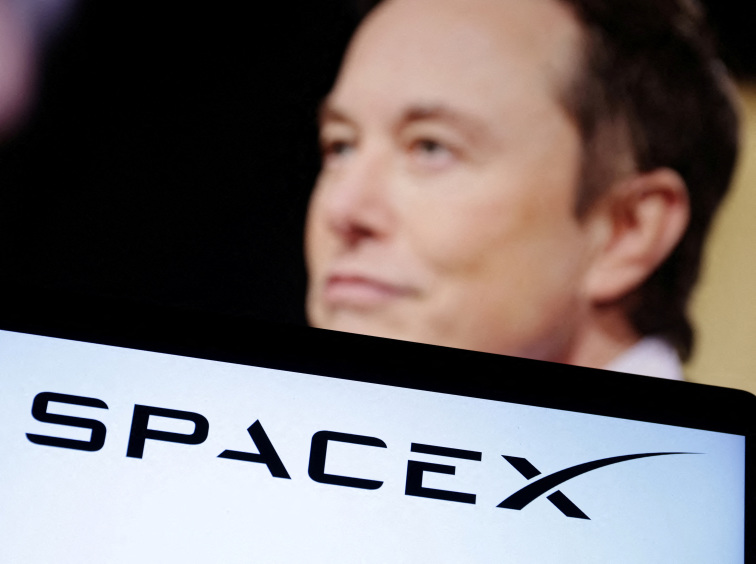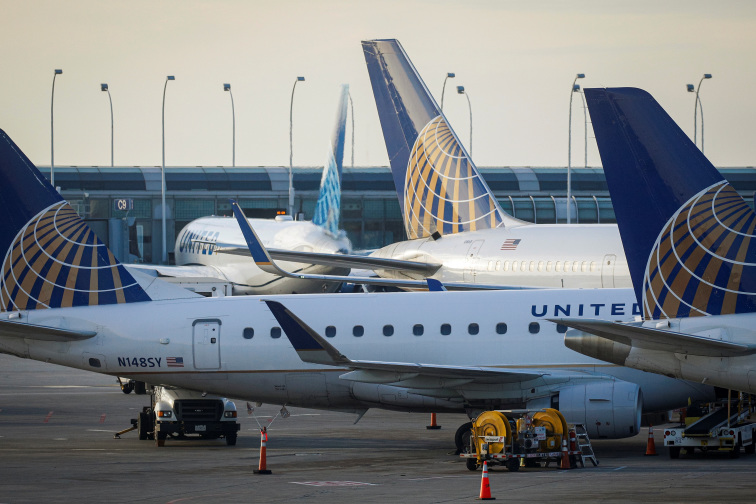At 53, Elon Musk seems to be feeling the pressure of time slipping away on his mission to colonize Mars. His recent updates emphasize the narrow opportunities left to achieve interplanetary travel in his lifetime, given that favorable alignment between Earth and Mars happens only once every 26 months.
Musk recently shared that SpaceX's giant Starship will attempt uncrewed Mars missions within two years, during the next launch window. If these landings are successful, the first crewed flights could take place four years later. However, many experts, such as University of Texas aerodynamics professor Christopher Combs, are skeptical. Combs suggests to the Wall Street Journal that it could take another 15 to 20 years for human trips to Mars to become technically feasible.
For Musk, the mission to make humanity a "multiplanetary" species is driven by his belief that it is essential for long-term survival. However, there are numerous challenges yet to be resolved: ensuring successful landings, providing life support for months-long journeys, and planning for a return trip.
Peter Hague, a space travel analyst, sees Musk's timeline for sending humans as overly ambitious but believes that unmanned missions could be achievable by 2029. Musk acknowledges that the timeline for crewed missions may face delays, depending on the challenges encountered.
According to The Wall Street Journal, Musk’s vision doesn't stop at landing humans on Mars. He aims to establish a self-sustaining colony, capable of making everything from rocket fuel to food. In 2020, he outlined plans for building 100 Starships annually and eventually launching 1,000 ships—each capable of carrying around 100 people—every orbital alignment. Under this scenario, millions of people could be transported to Mars over a period of 20 years.
However, Musk has expressed concern about the current pace of progress. Despite previously estimating that it could take 40 to 100 years to establish a self-sustaining city, he now claims it might be achievable in just 20 years.
Faced with these challenges, Musk has been vocal about regulatory delays, including criticizing the Federal Aviation Administration. He has also hinted that political outcomes could impact his plans, warning that Mars ambitions may not materialize if Vice President Kamala Harris wins the upcoming election.
With the clock ticking, Musk’s drive to conquer Mars becomes increasingly urgent—a cosmic midlife crisis for humanity's richest man.








News magazine bootstrap themes!
I like this themes, fast loading and look profesional
Thank you Carlos!
You're welcome!
Please support me with give positive rating!
Yes Sure!